What early care professionals should know
The Dragon of
Substance Use Disorder
Substance use disorder (SUD) is commonly called addiction, or alcoholism and it affects 27 million Americans, of all socioeconomic, ethnic, and professional groups. It has been identified as one of the ACEs (Adverse Childhood Experiences) and often (though not always) co-exists with other ACEs, such as child abuse and neglect.
One in four children in the U.S. lives in a family affected by substance use disorder.
That means, more likely than not, you probably work with at least one child who is affected by substance use disorder.
The more you as an early childhood professional understand about the disease, the better you’ll will be able to support children and their families.
Below you’ll find a collection of resources, culled from the hundreds out there, that will offer an introduction to this dastardly dragon we call the disease of substance use disorder, along with how it relates to trauma and toxic stress.
Into the Dragon’s Lair
Facts about Substance Use Disorder
The only way to tame the dragon is to understand it. These videos and other resources give the straight scoop on why substance use disorder has been called a chronic, progressive and potentially fatal disease of the brain. They are arranged to build on each other, and to dig deeper if you wish.
The Dragon’s Youngest Victims
ACEs, family SUD, & young children
Living with caregivers who suffer from substance use disorder can have a variety of effects on young children, both short-term and long-term. The media and resources here focus on both SUD’s impact on kids, and also on its overlap with other ACES (Adverse Childhood Experiences) and toxic stress.
Facing the Dragon
Working with families affected by SUD and trauma
One of the hardest things for many teachers to figure out is how to be communicate effectively with parents who are actively suffering from substance use disorder. Resources on this page offer guidance on how to support families and children without being judgmental…and adding to the burden they face.




